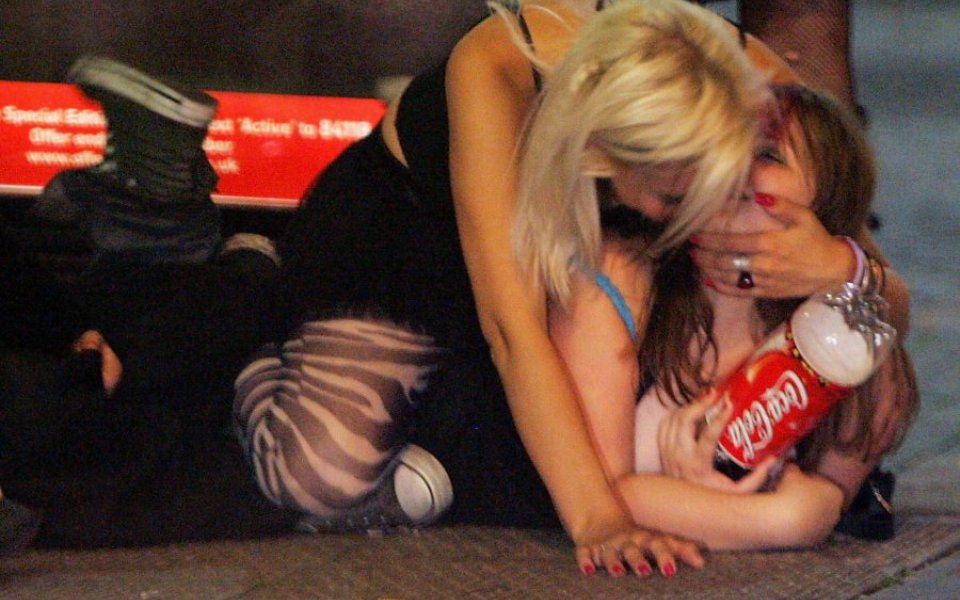The Licensing Act didn’t usher in the nightmare scenario of 24-hour drinking, crime and disorder – but it did make Britain freer, and a bit happier too

A decade ago today, the Licensing Act came into force.
It was supposed to create 24-hour drinking. It didn’t. It was supposed to create more crime, more disorder and more drunkenness. It didn’t.
A decade on, the facts are clear. Starting in 2005, alcohol consumption began declining at a faster rate than at any time since the Second World War.
Rates of binge-drinking and alcohol-related crime have both fallen significantly. Instances of drink driving not only fell after the Licensing Act came into effect, but it fell more sharply in England and Wales, where the new law was applied, than in Scotland where it wasn’t.
As for alcohol-related deaths, they were rising before the Licensing Act was introduced, but flattened out in 2005 have not risen since.
Not one of the predictions of doom made in 2005 has been confirmed by events. The Licensing Act led to longer opening hours, particularly at the weekends, but it did not create the problems many claimed would inevitably follow from alcohol becoming more widely available.
Licensing laws no longer register on the political radar. There is little prospect of us returning to the days of 11 o’clock closing, but there are plenty of temperance and ‘public health’ activists who opposed liberalisation ten years ago and oppose it still.
This week, they will be telling the public that ’24-hour drinking’ failed because it didn’t create a continental café culture. This is a red herring.
It is true that some people got carried away with the idea of making Britain’s drinking culture more like that of Europe, but a ‘cafê culture’ was never likely given the British weather and it was never the core goal of Blair’s licensing reforms.
The Act was principally aimed at beating the 11 o’clock rush and improving public order while diversifying the night time economy and giving consumers more freedom. It was broadly successful on every count.
The problems associated with drinkers spilling out of pubs at the same time searching for taxis, takeaway food and nightclubs have been alleviated. Violence has declined overall, and particularly at the old kicking out time between 11pm and midnight. We go out later, stay out later, and take our time.
’24-hour drinking’, as it was portrayed 10 years ago, never happened. Only a tiny handful of pubs have a 24-hour licence and they use them rarely if ever.
On average, pubs are open half an hour longer than they were before ‘24-hour drinking’ began. If demand existed for round-the-clock drinking, pubs would open longer, but there are simply not enough of us wanting to drink until the early hours to make it worth their while.
An extra half hour per pub does not sound like much, but those 30 minutes add up to an additional 13 million extra drinking hours every year and those hours are concentrated at the weekend in areas of high demand.
In practice, this means that anybody wanting to have a drink until midnight or later is generally able to do so, especially on a Friday or Saturday night.
This is a far cry from the apocalyptic vision presented to us during the great moral panic of 2004-05, but it has made Britain a slightly freer and slightly happier place to live.